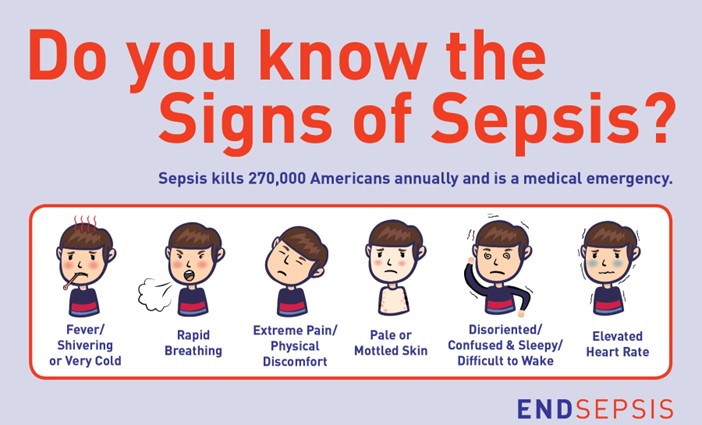The nurse at a shelter is counseling a group of women experiencing domestic violence. What is most important for the nurse to emphasize?
Select one:
About 1 of every 5 women will experience abuse in her lifetime.
When women go back to the situation after the abuser has calmed down, things will be beter.
The victimized woman can easily leave the situation.
The violence will not stop or decrease if the woman becomes pregnant.
The Correct Answer is D
Choice A Reason: About 1 of every 5 women will experience abuse in her lifetime is a statistic that shows the prevalence of domestic violence, but it does not address the question of what the nurse should emphasize to the group of women.
Choice B Reason: When women go back to the situation after the abuser has calmed down, things will be beter is a false statement that reflects the cycle of abuse, where the abuser may apologize and promise to change after a violent episode, but then repeat the same behavior later. This does not help the women understand their situation or seek help.
Choice C Reason: The victimized woman can easily leave the situation is a false statement that ignores the many barriers and challenges that women face when trying to escape from domestic violence, such as fear, isolation, financial dependence, lack of support, legal issues, and threats from the abuser. This does not empower the women or provide them with realistic options.
Choice D Reason: The violence will not stop or decrease if the woman becomes pregnant is a true statement that highlights the danger of staying in an abusive relationship during pregnancy. Domestic violence can increase the risk of miscarriage, preterm birth, low birth weight, placental abruption, fetal injury, and maternal death. This may motivate the women to seek safety and protection for themselves and their unborn children.

Nursing Test Bank
Naxlex Comprehensive Predictor Exams
Related Questions
Correct Answer is A
Explanation
Choice A Reason: Fetal movements are an indicator of fetal well-being. You should count twice a day, and you should feel ten fetal movements in 2 hours. This is because this response provides accurate and clear instructions on how to perform kick counts, which are a simple and non-invasive method of monitoring fetal activity and health. Kick counts can help detect changes in fetal movement paterns that may indicate fetal distress or hypoxia.
Choice B Reason: Here is a computer printed information packet on how to do kick counts. This is an insufficient answer that does not address the patient's question or demonstrate effective communication skills. Providing writen information alone may not ensure the patient's understanding or compliance with kick counts.
Choice C Reason: Fetal kick counts are not a reliable indicator of fetal well-being in the third trimester. This is an incorrect answer that contradicts the evidence and guidelines on kick counts. Kick counts are recommended for all pregnant women, especially in the third trimester, when fetal movements are more noticeable and consistent.
Choice D Reason: It is not important to do kick counts because you have a low-risk pregnancy. This is an incorrect answer that discourages the patient from performing kick counts and may give her a false sense of security. Kick counts are important for all pregnant women, regardless of their risk status, as they can help identify potential problems that may require further evaluation or intervention.
Correct Answer is D
Explanation
Choice A Reason: Hyperglycemia and increased appetite. This is an incorrect answer that describes symptoms of diabetes mellitus, not sepsis. Diabetes mellitus is a chronic metabolic disorder where the body cannot produce or use insulin effectively, which results in high blood glucose levels and impaired glucose tolerance. Diabetes mellitus can affect newborns if the mother has pre-existing or gestational diabetes, which can cause macrosomia, hypoglycemia, or congenital anomalies.
Choice B Reason: Increased urinary output and spitting up mucous. This is an incorrect answer that indicates normal or benign conditions, not sepsis. Increased urinary output is a normal finding in newborns, as they eliminate the excess fluid that was accumulated during pregnancy. Spitting up mucous is a common occurrence in newborns, as they clear their airways of amniotic fluid or secretions.
Choice C Reason: Wakefulness and ruddy appearance. This is an incorrect answer that suggests healthy or normal characteristics, not sepsis. Wakefulness is a sign of alertness and responsiveness in newborns, which reflects their neurological development and adaptation. Ruddy appearance is a reddish color of the skin that is normal in newborns, especially in term or post-term infants, which indicates adequate oxygenation and hemoglobin levels.
Choice D Reason: Temperature instability and lethargy. This is because temperature instability and lethargy are common signs of sepsis in newborns, which indicate systemic infection and inflammation. Sepsis is a life-threatening condition where the body's response to infection causes tissue damage, organ failure, or death. Sepsis can occur in newborns due to maternal, fetal, or neonatal factors, such as chorioamnionitis, premature rupture of membranes, prolonged labor, invasive procedures, or bacterial colonization.

Whether you are a student looking to ace your exams or a practicing nurse seeking to enhance your expertise , our nursing education contents will empower you with the confidence and competence to make a difference in the lives of patients and become a respected leader in the healthcare field.
Visit Naxlex, invest in your future and unlock endless possibilities with our unparalleled nursing education contents today
Report Wrong Answer on the Current Question
Do you disagree with the answer? If yes, what is your expected answer? Explain.
Kindly be descriptive with the issue you are facing.
